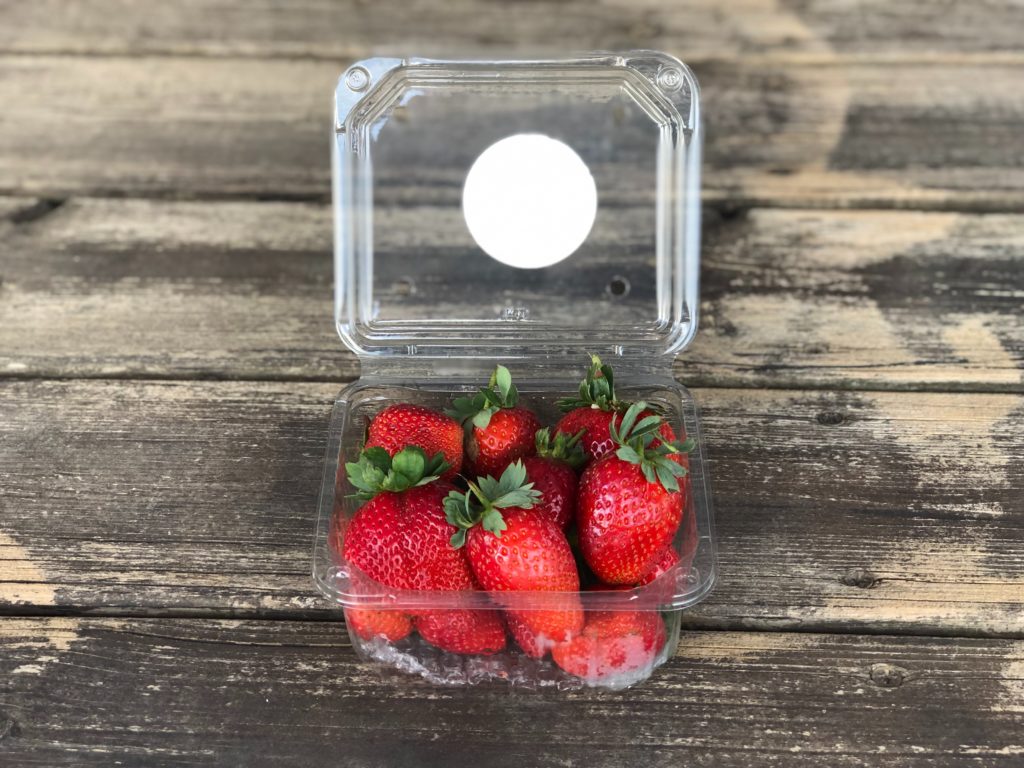Cast your mind back a couple of months, if you will, to a different time, a different world. You could leave the house freely – as many times as you wanted in a single day! You could book dinner at a restaurant, pop into the office, or buy whatever you wanted in well-stocked supermarkets.
And amid all the variety and colour of our everyday lives (how long ago it seems already!), there was one thing everyone seemed to agree on. Single-use plastic was public enemy number one – and it was on the way out.
Supermarkets across the board were stepping up their efforts to introduce ‘plastic-free’ aisles, consumers were increasingly making plastic-free choices and plastic carrier bag use was in terminal decline. Coffee chains meanwhile were offering incentives to customers to bring in reusable cups and businesses across the board, determined to signal their environmental credentials, saw single-use plastic as the easiest and most obvious target.
Then came the novel coronavirus, Covid-19. Aside from the numerous ways it has changed the way we live our lives – it has also fundamentally altered attitudes towards plastic. Suddenly, with this new threat confronting us, single-use plastic not only seemed less of a threat – it actually started to look like something of an ally. Starbucks was the first coffee chain to ban the use of reusable cups in an effort to protect its staff from infection – others followed. The consumer-led trend to shun packaged goods for loose produce abruptly reversed as supermarket shoppers instead started to avoid produce that might have been directly handled by others. The UK government then dropped the plastic bag tax for supermarket online orders – so delivery drivers could drop and run rather than having to rehandle rigid plastic crates.
For all its negative perceptions, and for all the undeniable problems we still have to wrestle with around plastic waste; plastic has an unrivalled ability both to act as a food preservative in a time when we’re seeing potential shortages, and to keep things hygienic and sterile at a time in which a dangerous infection is spreading. And when this coronavirus scare is over – whenever that might be – we shouldn’t lose sight of the fact that plastic will still have these valuable functions to perform.
So when it’s safe to leave the house again – let’s not be too quick to forget the important role that plastic packaging will still have to play in our lives.
